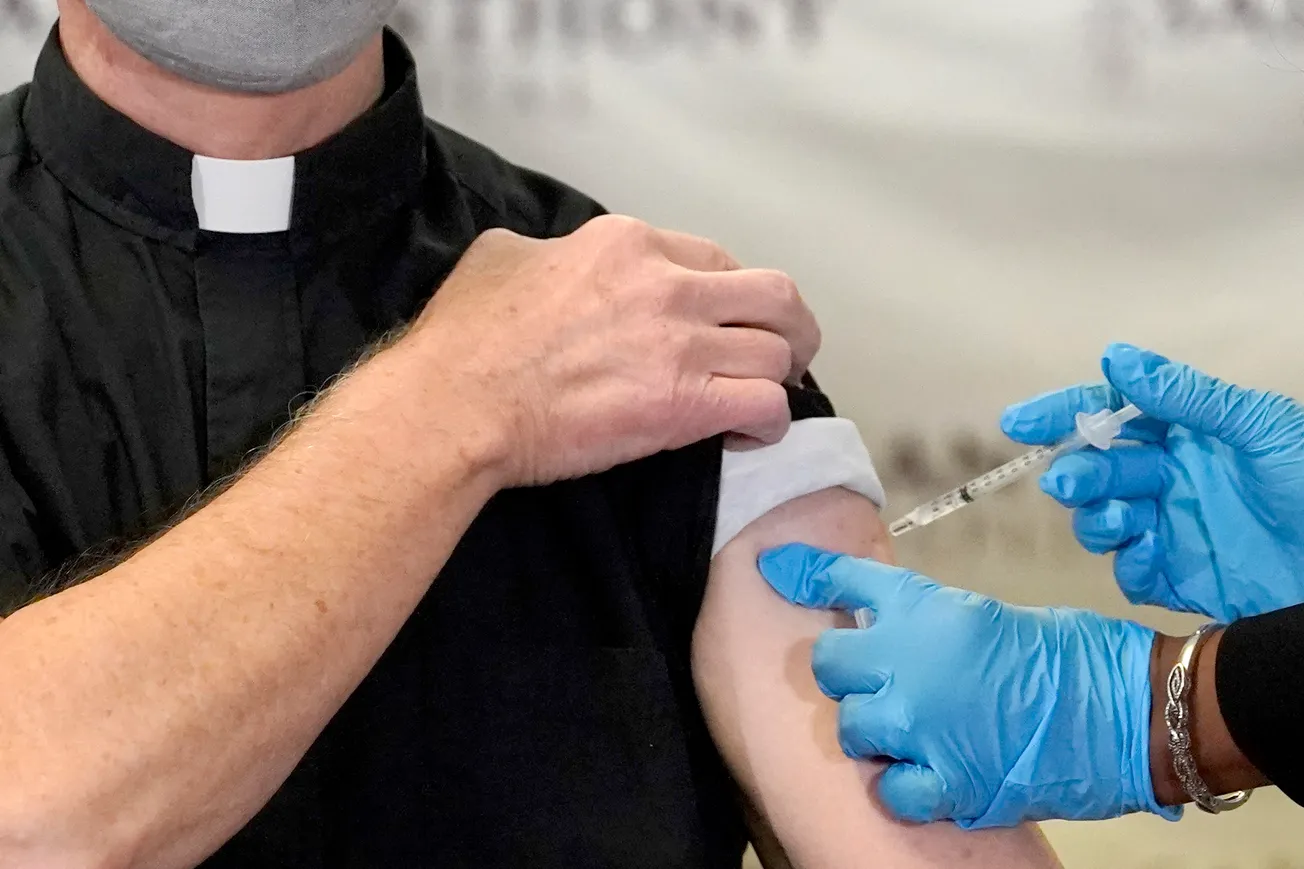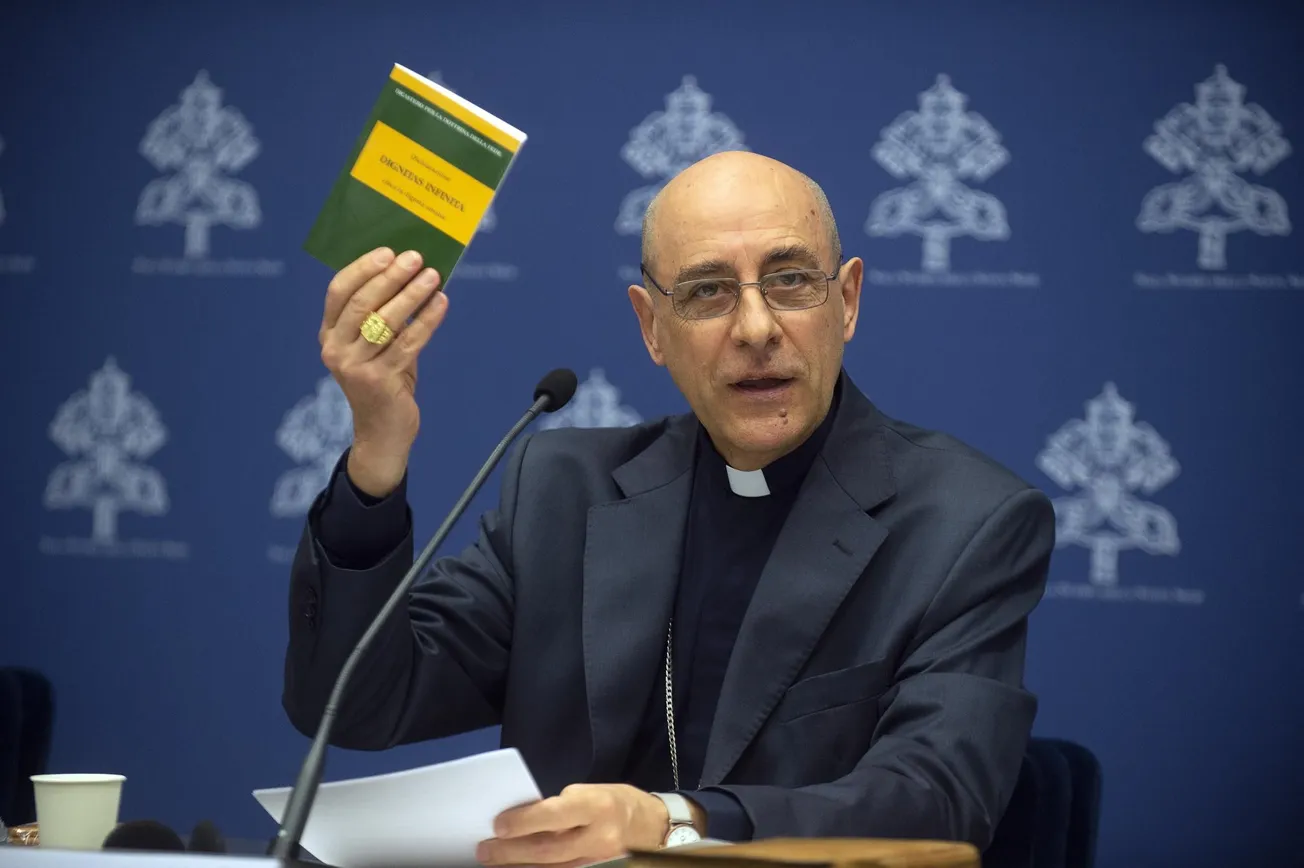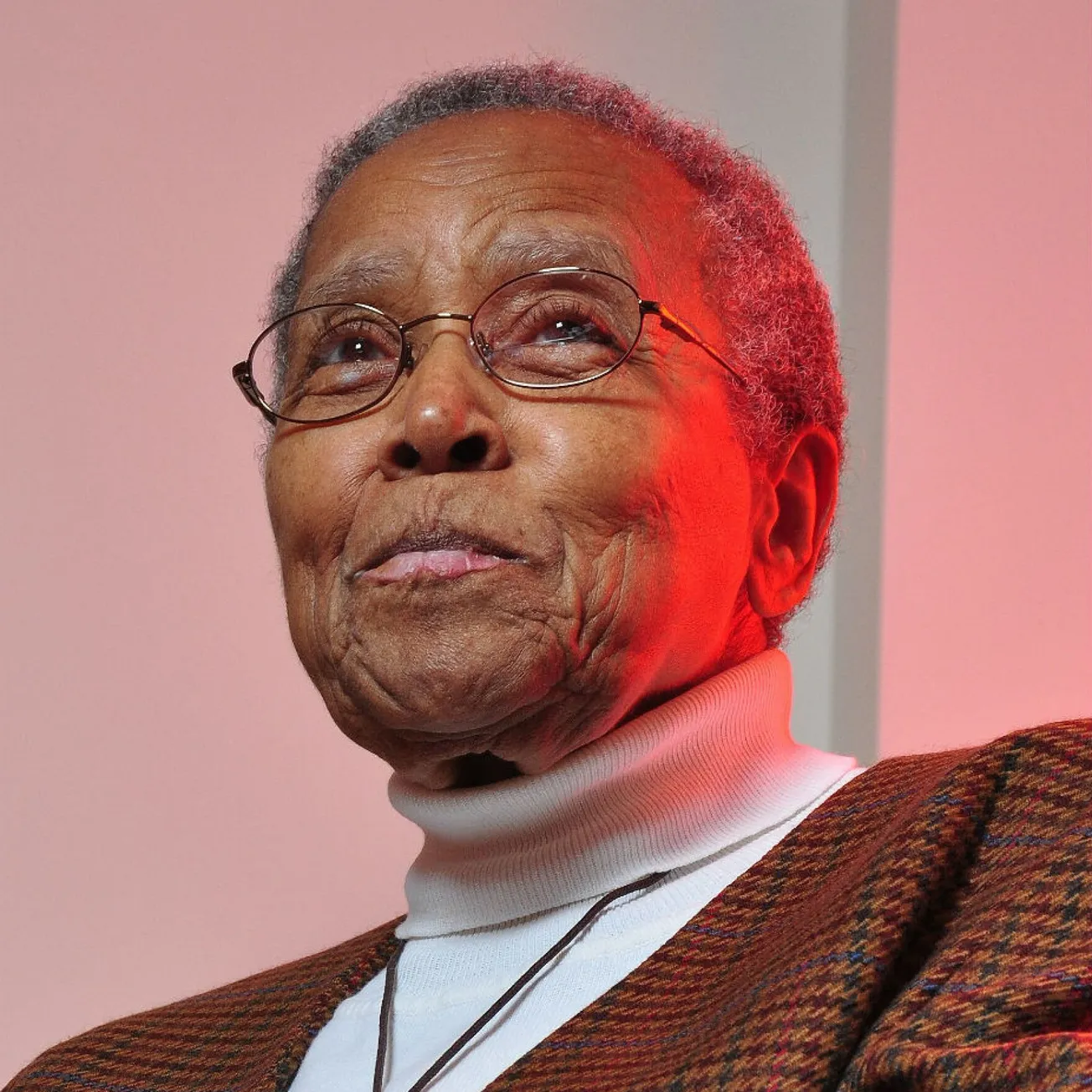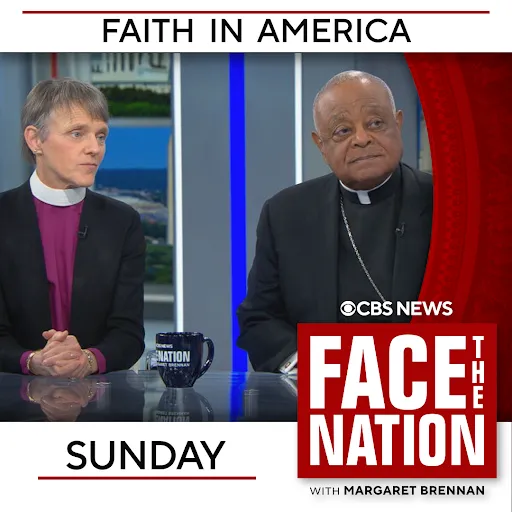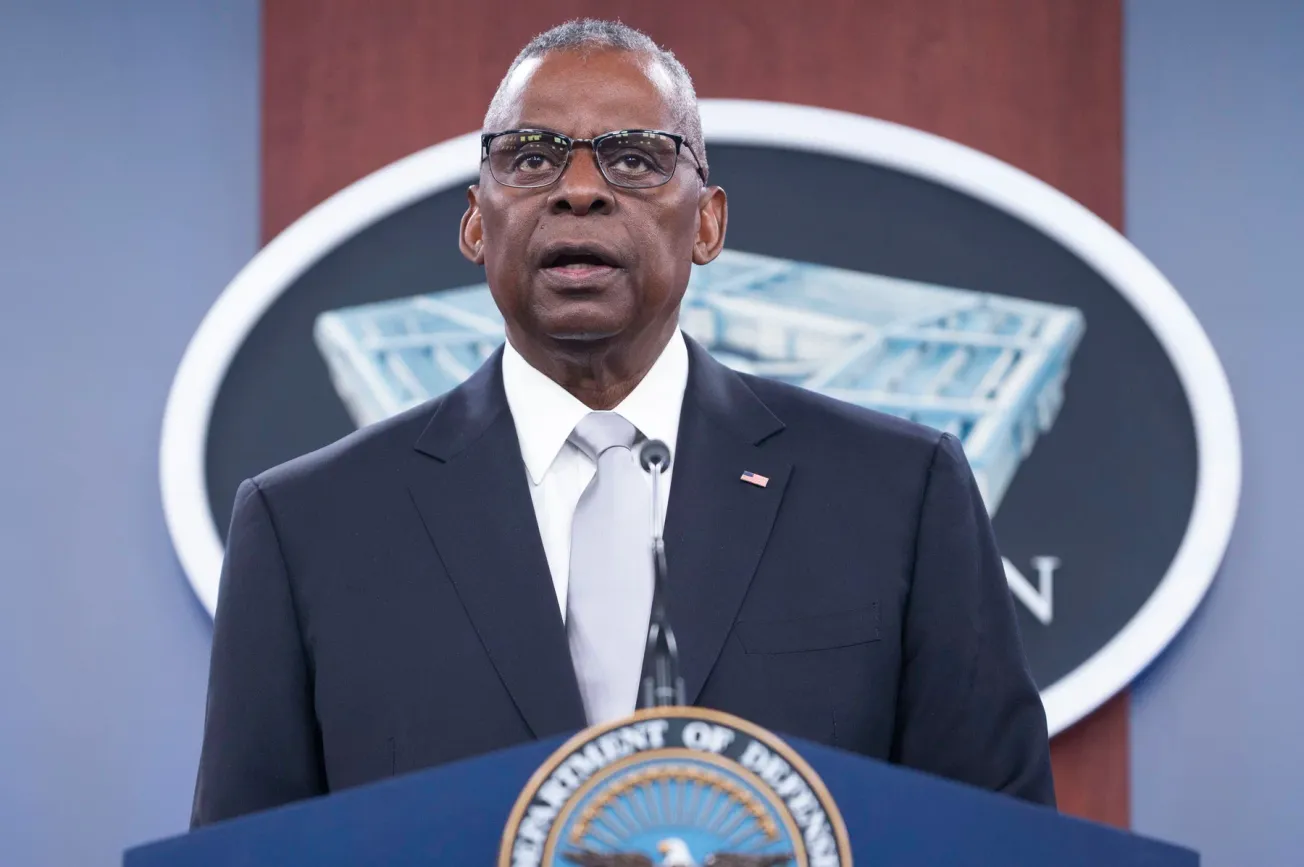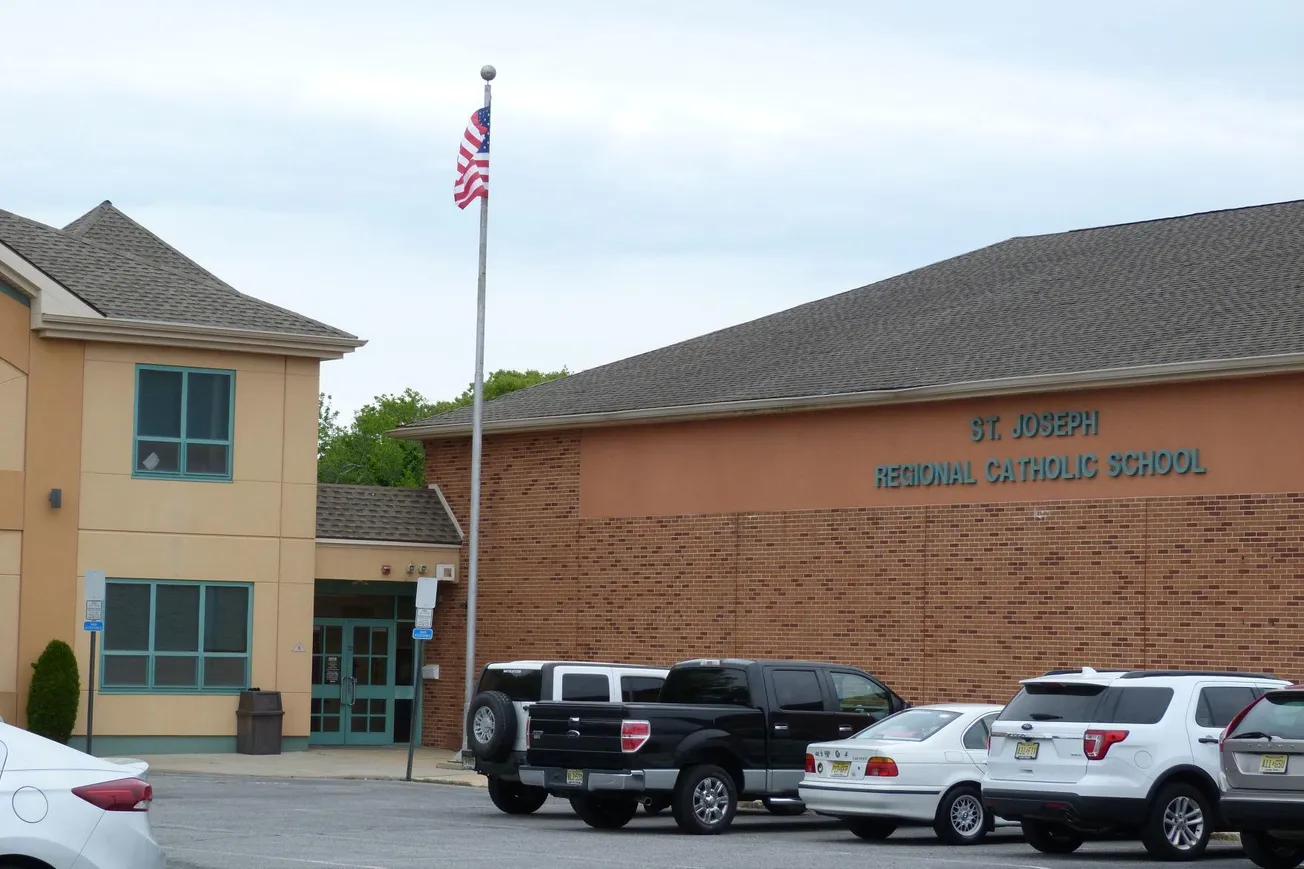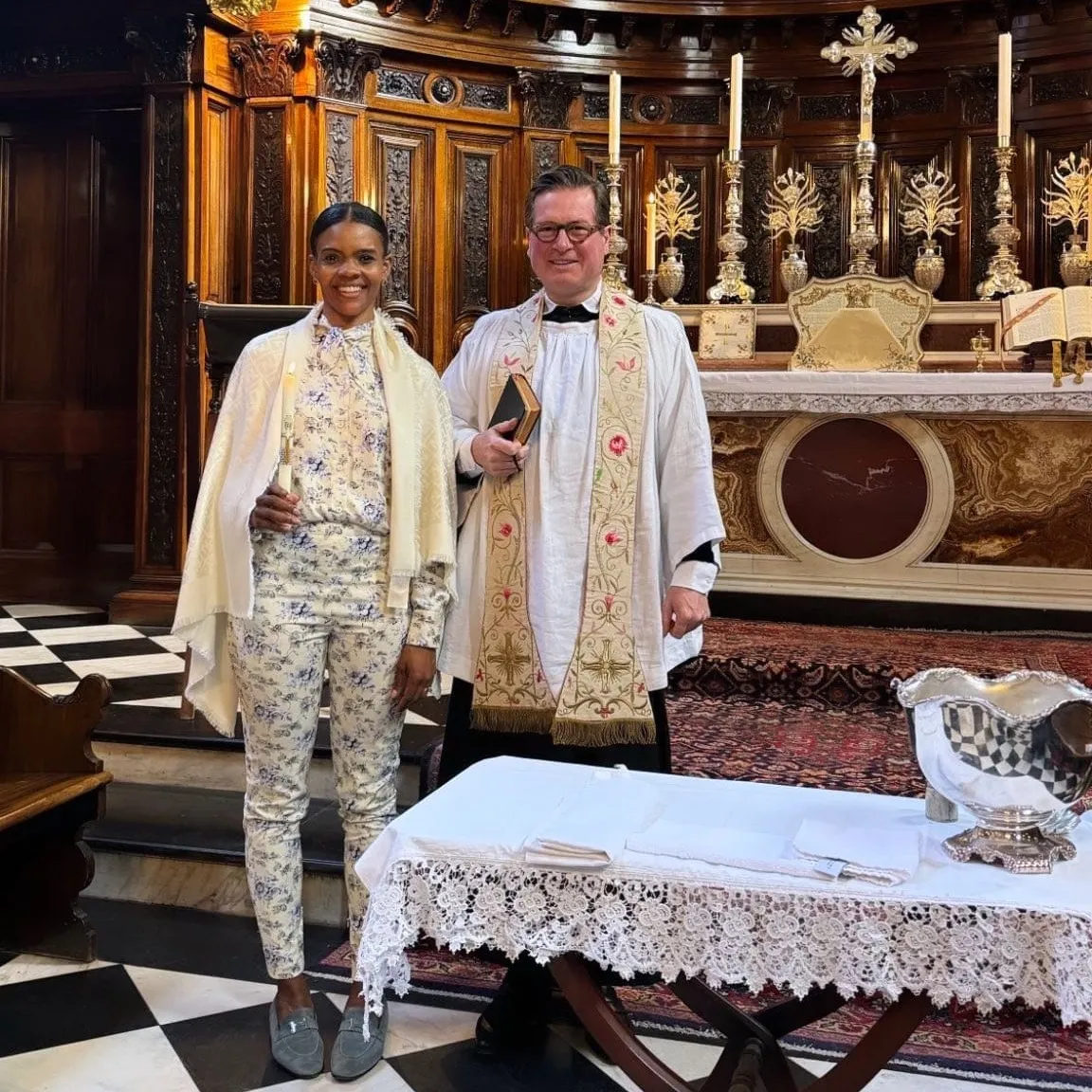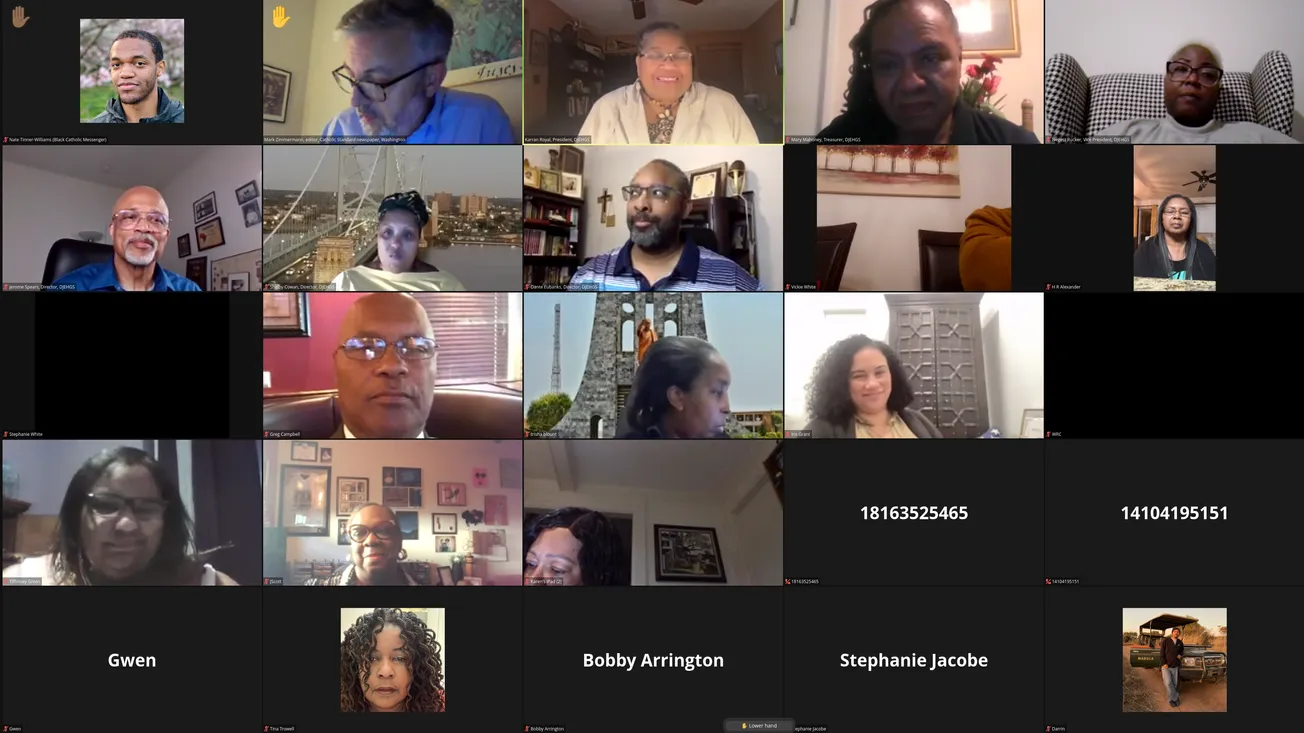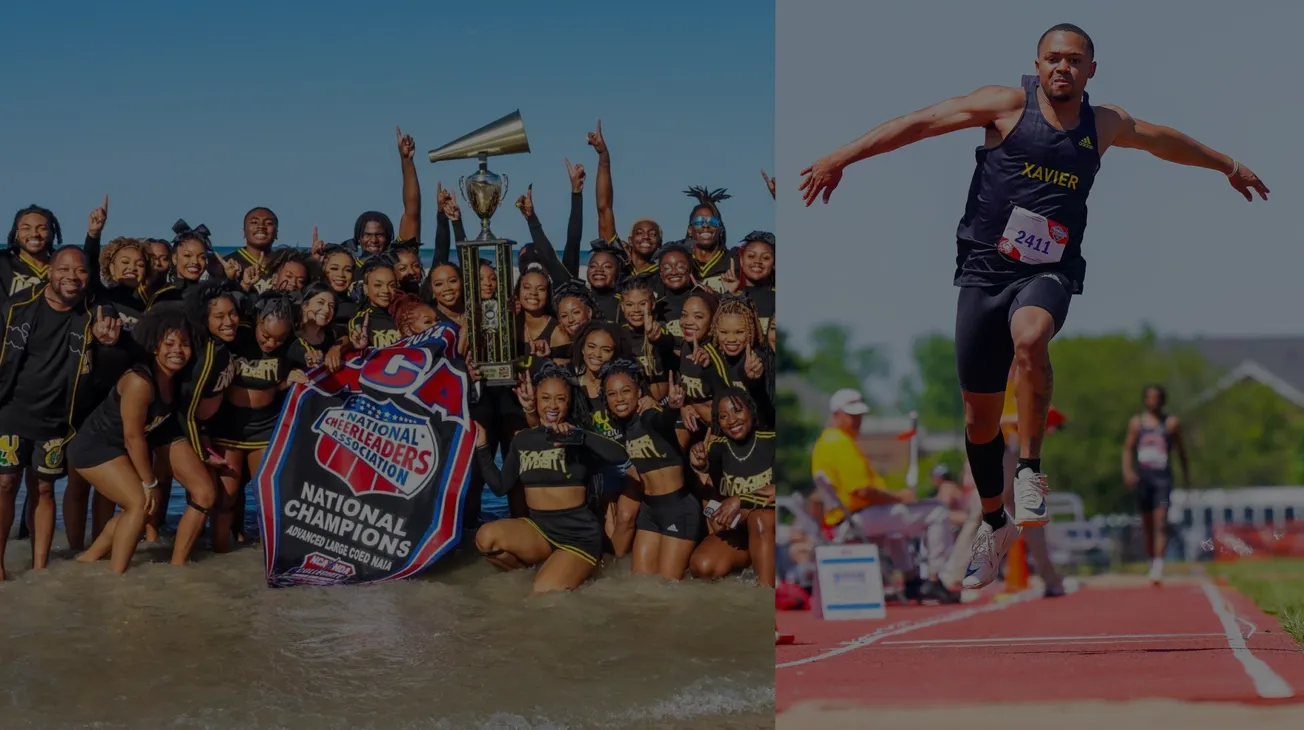For three years, the United States was under a national emergency declaration due to the unrelenting assault of the global COVID-19 pandemic. First enacted by the Trump Administration in March 2020, the status was lifted on April 10 when President Joe Biden signed a Republican-backed bill to that end.
For over three years, we scrutinized with alarm how the deadly virus wreaked unparalleled havoc on our nation’s fragile healthcare system with massive hospitalization numbers and ICUs around the country reaching capacity. We waited intently for the vaccine to be rolled out. Many of us, including myself, wrestled to keep the contagious virus away—but, for most, it eventually caught up.
Tearfully, many of us saw close friends, co-workers, and family members fight until their last breaths.
While plenty of American clerics in the Catholic Church took reasonable public health precautions to mitigate the spread, dissenters were vocal about their disdain for safety measures that were enacted. This reverberating assault on common-sense safety was advanced by high-profile Catholics who have amassed a cult-like following by being prime provocateurs of hostility toward cooler heads in the Church. As we reflect back on their suspicion of anything COVID-19 related, there seems to have been one goal: sow seeds of cynicism and conspiracy among the Body of Christ.
One of the key objectors was Bishop Joseph Strickland of Tyler. From the time COVID-19 became a national threat, Strickland was on the vanguard of influencing the narrative for the Church. In May of 2020, led by controversial Archbishop Carlo Maria Viganò, Strickland—along with anti-vaccine activist Robert F. Kennedy Jr.—signed a manifesto that suggested that coronavirus prevention measures were implemented to restrict personal liberty and enact social control.
Strickland further stirred the waters of confusion with so-called bioethical concerns concerning the vaccines. In a tweet, he lambasted the idea of taking vaccines developed using aborted fetal tissue. Despite his ill intent, the Vatican’s Congregation for the Doctrine of the Faith affirmed, at the end of 2020, that it is “morally acceptable to receive COVID-19 vaccines that have used cell lines from aborted fetuses in their research and production process.”
This should have cleared all aspersions, but for the ill-disposed it only caused more questions.
Piggybacking on Strickland’s vaccine concerns, another firebrand during the pandemic was Archbishop Timothy Broglio, who is now the president of the U.S. Conference of Catholic Bishops. In his Archdiocese for the Military Services, he flamed the fire of vaccine hesitation when he declared that those under his care in the armed services could reject the vaccine based on conscience.
Fr. James Altman arrived on the scene with a viral video criticizing the faith of Democratic politicians, and published science denialism to his parish in its bulletin. He referred to those that take the vaccine as “guinea pigs” and attempts by global health experts to encourage inoculation as “diabolical.” Altman challenged well-established medical facts and put forward several misleading statements that had the potential to lead his flock and the larger Church astray.
One of the biggest names in the American hierarchy, Cardinal Raymond Leo Burke, Archbishop Emeritus of St. Louis, claimed that the vaccine could be a step towards governments implementing microchip implantations for their citizens. Not long after, he was diagnosed with COVID-19 and nearly died.
The list could go with other figures that did irreparable damage to the already thin line of credibility in the Church. As the national emergency comes to an end, we have to seriously weigh the ramifications of their public comments, which upended serious safety measures and polluted the conscience of countless believers. These men were supposed to be dedicated successors to the apostles, carrying the mantle of love for neighbor. Instead, they reflected apathy and anti-institutional views at a time when empirically sound leadership was needed.
As I sift through the moral self-certitude of their virtue signaling, I think about the legacy of Henrietta Lacks, a Black (and possibly Catholic) woman whose cell line has been used in modern medicine for nearly 70 years. The use of her “HeLa Cells”—which has been responsible for groundbreaking advancements in medical research for vaccines and therapies—has raised several bioethical questions regarding informed consent and exposes the longstanding medical racism of unauthorized experimentation on Black Americans.
If the dignity of the person is at the center of the vaccine discourse, shouldn’t the story of a Black woman who is crucial to modern-day medicine be part of the discussion? Her cells were used for the development of the COVID-19 vaccine, after all. Where is the outrage? The advocacy on confronting the legacy and current reality of White Supremacy and racism in our medical system? This lack of concern for a continual advancement of racial justice in medicine is telling.
Their obstinate refusal to accept policies intended to protect the most vulnerable and general population reveals a lack of commitment to the pro-life cause. Research has confirmed that Black, Brown, Indigenous, and Pacific Islander individuals had higher rates of COVID-19 deaths and cases than White Americans. To no proper degree did we see conservative clerics address the underlying issues with calls for universal health care access or an end to overcrowded housing. As historically neglected and marginalized groups experienced unprecedented assaults from COVID-19, right-wing pandemic dissenters revealed their hypocrisy on how to protect the image of Christ in one’s neighbor.
These high-profile voices within the American Church tapped into America’s worst impulses, rooted in fear-mongering, to rally the people for mass skepticism. By amplifying paranoia to the laity—making them unable to assent to clear and consistent guidance, charitably obey authorities, and demonstrate concern for even their own well-being—bad actors in the Church confused many.
Surveying the response to a global pandemic from a loud and influential wing of the American Church, I conclude that the damage has been done. The playbook for challenging every aspect of a national state of emergency has been released. From rampant misinformation to ridiculing officials to painting falsehoods as truth to planting the seeds of enmity between people and government, it seems we can now reasonably expect denialism and conspiracy theories to infiltrate decision-making every time there’s a national catastrophe.
As a result, we need more voices within the Church to steer the ship of truth. Being indifferent to harmful statements or activism of priests and bishops around the country can’t be the norm. When Catholic media outlets and clerics espouse harmful narratives, more ecclesial weight should be applied. Continual calls of fraternal correction should be made. We need our successors of the apostles to understand that their sacred duties don’t include subverting the common good with potentially conflicting messages that can impede progress.
The heart of the onslaught of anti-COVID-19 narratives goes against Pope Francis and his plea to receive vaccines as an “act of love.” If the best pandemic preparedness we can offer is what we’ve done for the last three years, we need to strongly reevaluate how to be better stewards of justice and safeguard the sacredness of life. Dissident voices within the Church can’t have the final say. If so, a dark day looms down the road. Even so, strengthened by the hope of the resurrection, we can have confidence that truth, justice, and love of neighbor will triumph over the darkness of lies.
Efran Menny is a husband, father, and small-time writer. He’s a passionate educator, student of social work, and host of the "Saintly Witnesses" podcast.


